Died: 21 November 1970, Bangalore, India.
Affiliation at the time of the award: Calcutta University, Calcutta, India.
Prize motivation: “for his work on the scattering of light and for the discovery of the effect named after him”

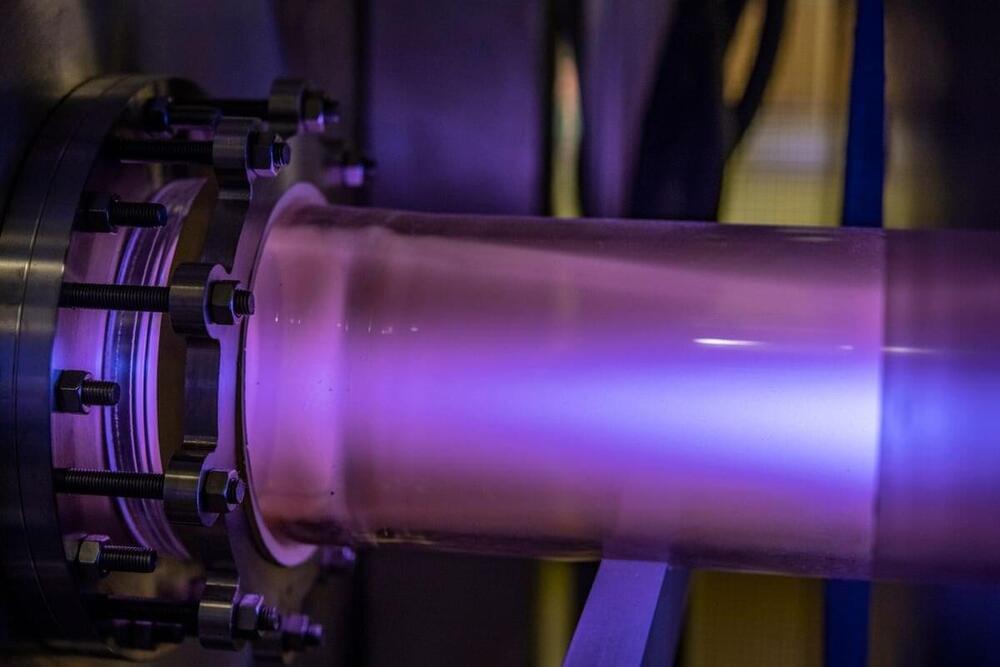
Physicists in West Virginia have announced a potential breakthrough that could help upend a longstanding constraint imposed by the first law of thermodynamics.
The discovery, involving how energy is converted in plasmas in space, was described in new research published in the journal Physical Review Letters, and could potentially require scientists to have to rethink how plasmas are heated both in the lab and in space.
The first law of thermodynamics, an expression of the law of conservation of energy albeit styled with relation to thermodynamic processes, conveys that the total energy within a system will remain constant, but that it can be converted from one form of energy into another. More simply, the idea is commonly expressed as “energy can neither be created or destroyed.”
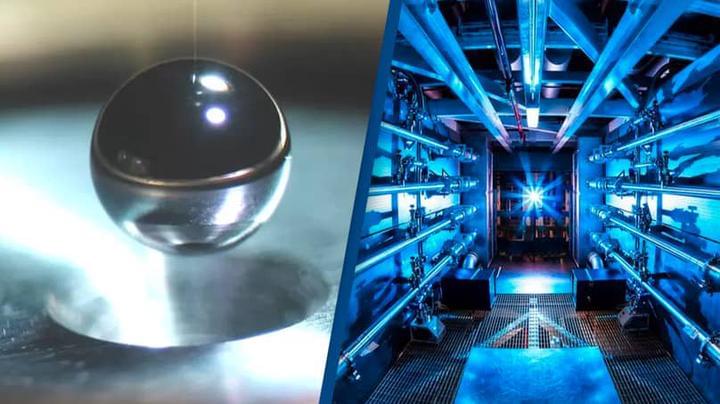
Sometimes the biggest changes can come from the smallest of things and this is definitely the case for a bunch of scientists who have discovered a tiny in size but colossal in impact game-changer for the world. Researchers have found that just a minuscule diamond sphere can completely change life as we know it.
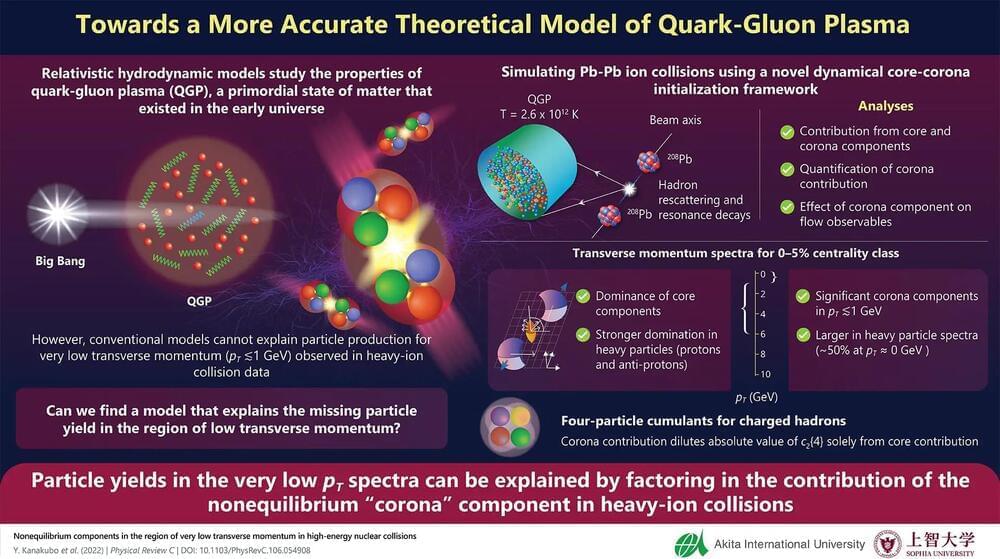
The properties of quark-gluon plasma (QGP), the primordial form of matter in the early universe, is conventionally described using relativistic hydrodynamical models. However, these models predict low particle yields in the low transverse momentum region, which is at odds with experimental data. To address this discrepancy, researchers from Japan now propose a novel framework based on a “core-corona” picture of QGP, which predicts that the corona component may contribute to the observed high particle yields.
Research in fundamental science has revealed the existence of quark-gluon plasma (QGP) – a newly identified state of matter – as the constituent of the early universe. Known to have existed a microsecond after the Big Bang, the QGP, essentially a soup of quarks and gluons, cooled down with time to form hadrons like protons and neutrons – the building blocks of all matter. One way to reproduce the extreme conditions prevailing when QGP existed is through relativistic heavy-ion collisions. In this regard, particle accelerator facilities like the Large Hadron Collider (LHC) and the Relativistic Heavy Ion Collider (RHIC) have furthered our understanding of QGP with experimental data pertaining to such collisions.
Meanwhile, theoretical physicists have employed multistage relativistic hydrodynamic models to explain the data, since the QGP behaves very much like a perfect fluid. However, there has been a serious lingering disagreement between these models and data in the region of low transverse momentum, where both the conventional and hybrid models have failed to explain the particle yields observed in the experiments.
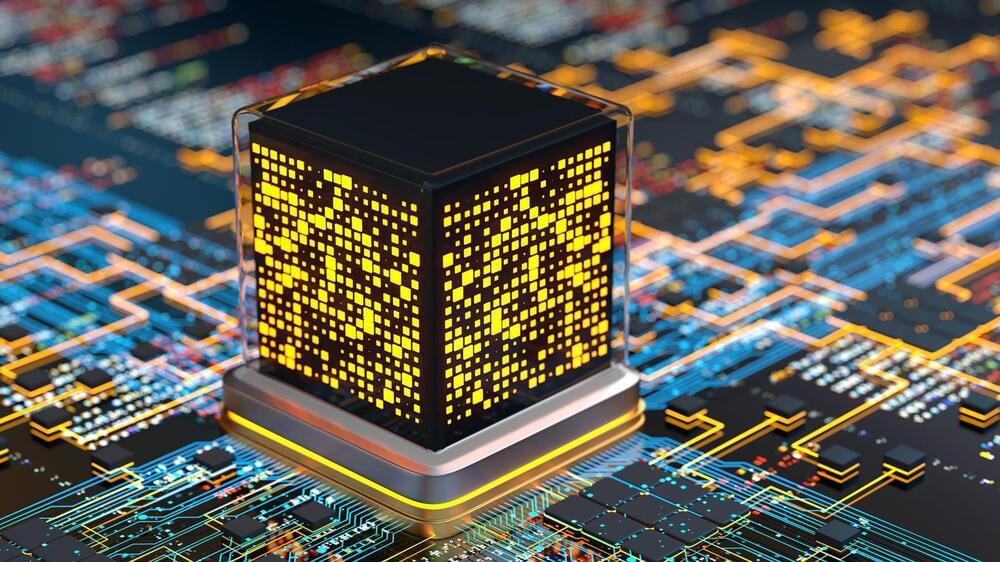
Founder of Intellisystem Technologies. Scientific researcher and professor at eCampus University. NASA Genelab AWG AI/ML member.
Quantum computing is a new approach founded on quantum mechanics principles to perform calculations. Unlike classical computers, which store information in bits (either 0 or 1), quantum computers use quantum bits or “qubits” that can exist in multiple states simultaneously. This physics property allows quantum computers to perform specific calculations much faster than classical computers.
The potential applications of quantum computing are vast and include fields such as cryptography, finance and drug discovery. It promises to transform multiple industries and tackle challenges that classical computers cannot solve.
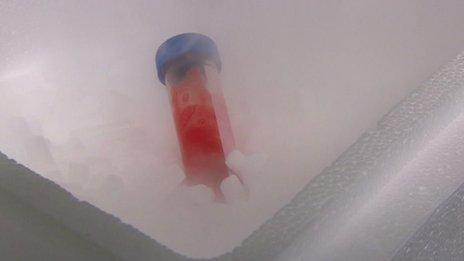
Diagnosing, Treating & Curing Alzheimer’s — Dr. Doug Ethell, PhD — Founder & CEO, Leucadia Therapeutics
Dr. Doug Ethell, Ph.D. is Founder and CEO at Leucadia Therapeutics (https://www.leucadiatx.com/), a pre-clinical-stage company focused on diagnosing, treating and curing Alzheimer’s disease.
Leucadia’s proprietary Arethusta® medical device is designed to restore the flow of cerebrospinal fluid (CSF) through the cribriform plate to flush toxins away from the part of the brain where Alzheimer’s disease first appears. The company also recently launched eight Apps that help exercise memory and cognition, including a personalized memory tracker called ProCogny (www.procogny.com). ProCogny allows users to play memory-intensive puzzles and games, daily Brain Boost collections of mini-puzzles, and a non-clinical version of the Leucadia Memory Test.
Dr. Ethell received a Ph.D. in Neurobiology from The University of British Columbia in Vancouver, was a Human Frontiers of Science Long Term Fellow at The Max Planck Institute for Psychiatry in Munich, a Staff Scientist at The Scripps Research Institute and La Jolla Institute for Allergy & Immunology, and a faculty member at the University of California Riverside.
In 2017, Dr. Ethell was Professor of Neuroscience, Chair of Graduate Faculty, and Head of Molecular Neurobiology at The Western Univ of Health Sciences before joining Leucadia Therapeutics full-time. He has published more than 85 peer-reviewed articles and presentation abstracts.

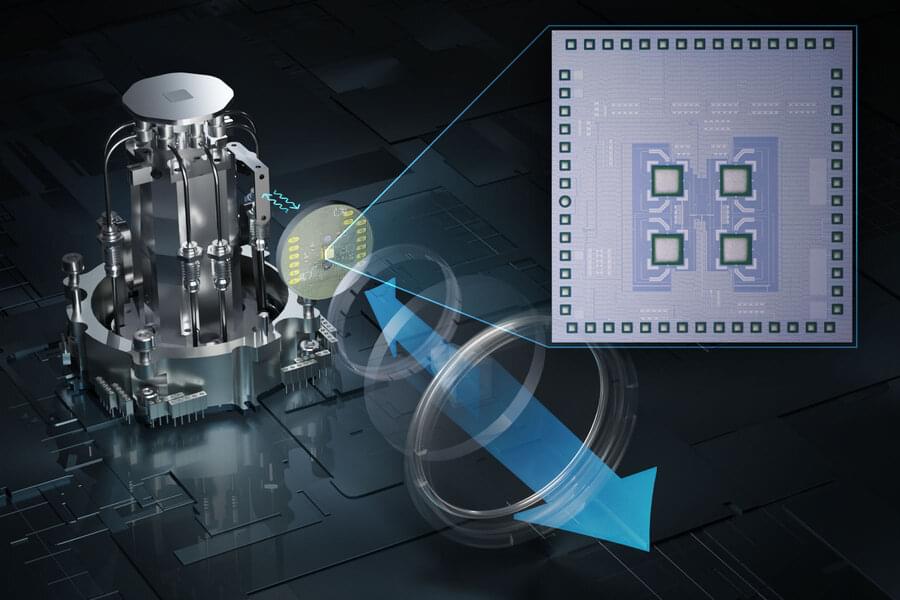
Heat causes errors in the qubits that are the building blocks of a quantum computer, so quantum systems are typically kept inside refrigerators that keep the temperature just above absolute zero (−459 degrees Fahrenheit).
But quantum computers need to communicate with electronics outside the refrigerator, in a room-temperature environment. The metal cables that connect these electronics bring heat into the refrigerator, which has to work even harder and draw extra power to keep the system cold. Plus, more qubits require more cables, so the size of a quantum system is limited by how much heat the fridge can remove.
To overcome this challenge, an interdisciplinary team of MIT researchers has developed a wireless communication system that enables a quantum computer to send and receive data to and from electronics outside the refrigerator using high-speed terahertz waves.

Google scientists said Wednesday they have passed a major milestone in their quest to develop effective quantum computing, with a new study showing they reduced the rate of errors – long an obstacle for the much-hyped technology.
Quantum computing has been touted as a revolutionary advance that uses our growing scientific understanding of the subatomic world to create a machine with powers far beyond those of today’s conventional computers.
However, the technology remains largely theoretical, with many thorny problems still standing in the way – including stubbornly high error rates.